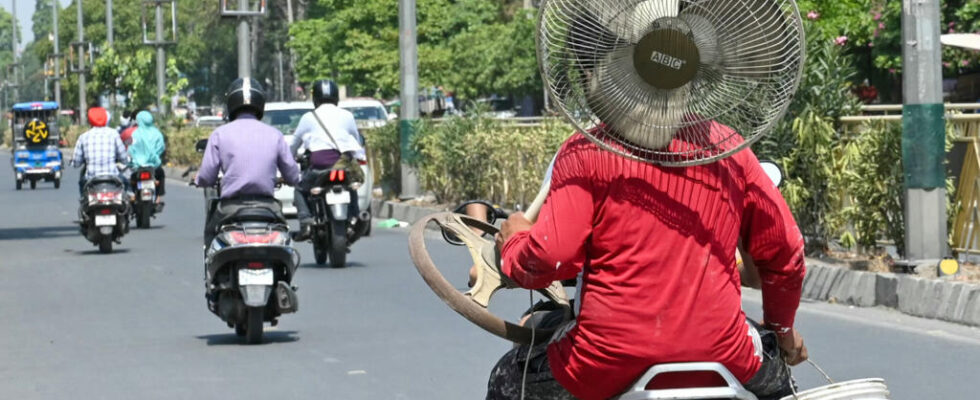The heat episodes that hit certain parts of the globe do not only affect organisms. Extreme temperatures have in some places created tensions on the electricity supply.
2 mins
Heat waves are occurring in several parts of the globe. In Saudi Arabia, more than 1,000 pilgrims died during the last pilgrimage to Mecca, according to an AFP count. A lot due to the temperature which rose to more than 50°C. Still in the Gulf countries, it is Kuwait which is overheating, where the temperature has not only human repercussions, but material ones. With temperatures above 50 degrees and air conditioners running at full blast, the country has been forced to reduce its energy consumption. Blame it on the inability, according to power plant authorities, to meet demand. This is the first time in this small Gulf country, which holds 7% of world oil reserves, that such a decision has been taken.
Read alsoEcuador: general power outage lasting almost three hours across the country
To cover its electricity needs, the Kuwait has signed short-term purchase contracts with its neighbors in Oman and Qatar, but the heat of recent days was not anticipated. According to a Kuwaiti energy expert, cited by Agence France-Presse, the country needs to accelerate the construction of new power plants if it wants to face climate change in the coming years.
Same problem elsewhere on the planet, because when fans and air conditioning are used more, the demand for electricity increases at the same time as mercury. This is what’s happening in the northIndia. Energy demand has reached a record level there. Thanks to an increase in imports, the widespread blackout was avoided, but numerous localized breakdowns occurred as certain equipment could not withstand the heat.
Heat and electricity production are not necessarily friends. The International Energy Agency has drawn up a list of risks. Warmer waters can reduce the capacities of thermal power plants, scorching air that of wind turbines, and it may seem counterintuitive, but extreme heat is not an ally of photovoltaic energy. Above 25°C, the performance of the panels declines. As for the distribution network, transformers are sensitive to heat.
